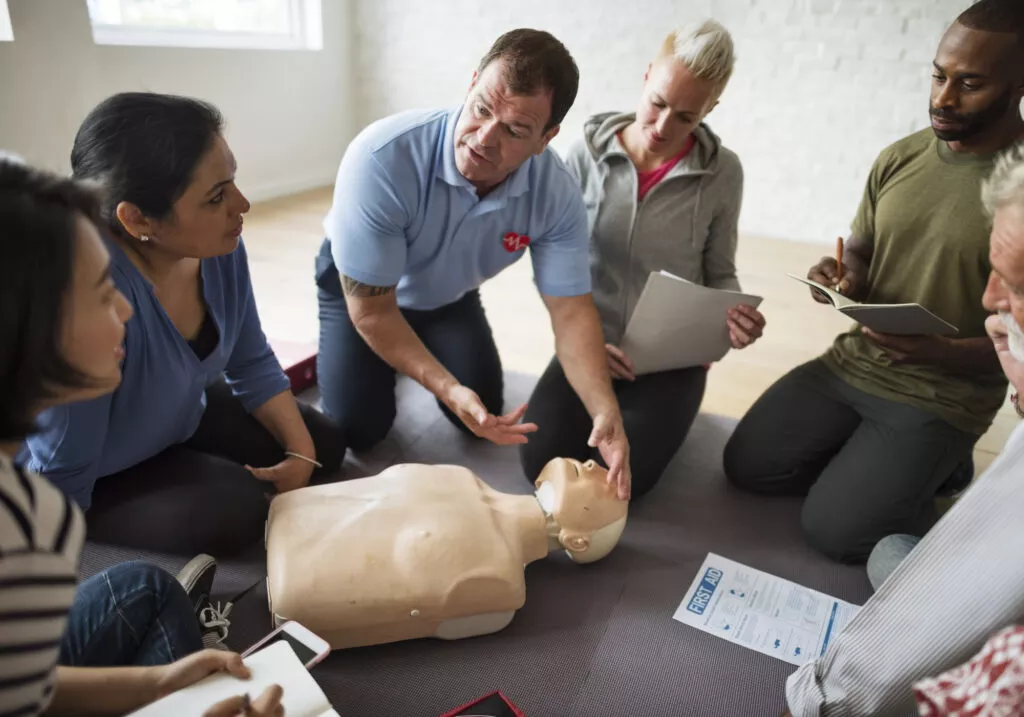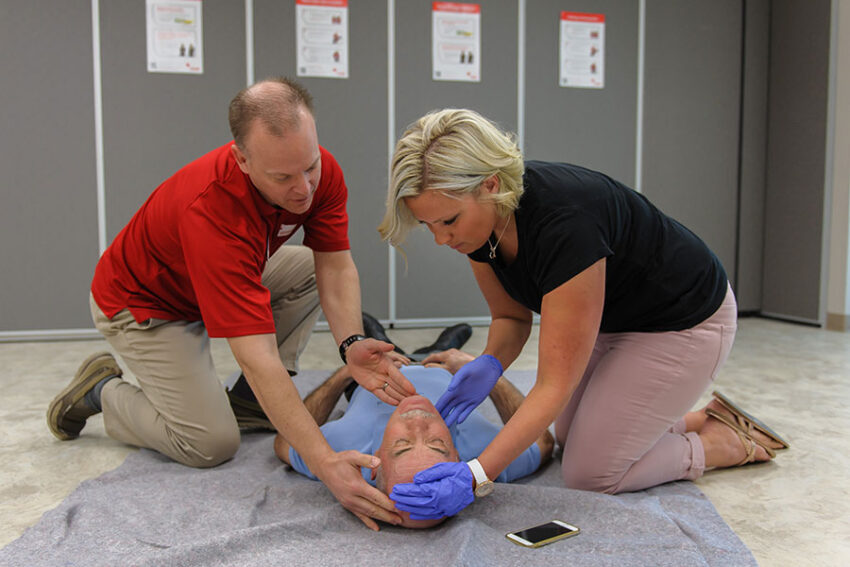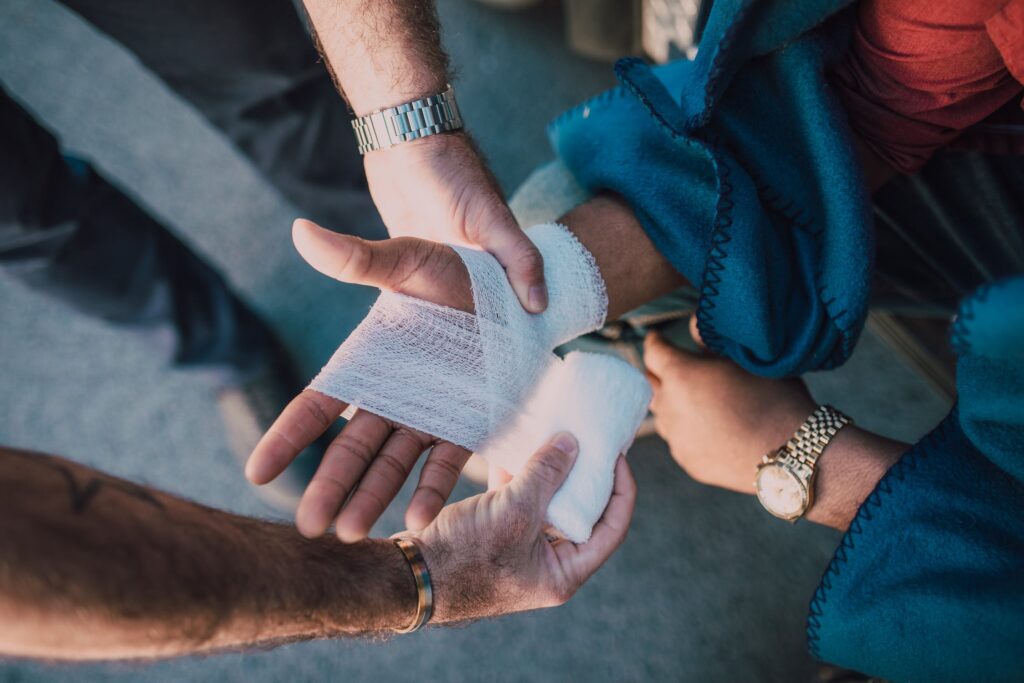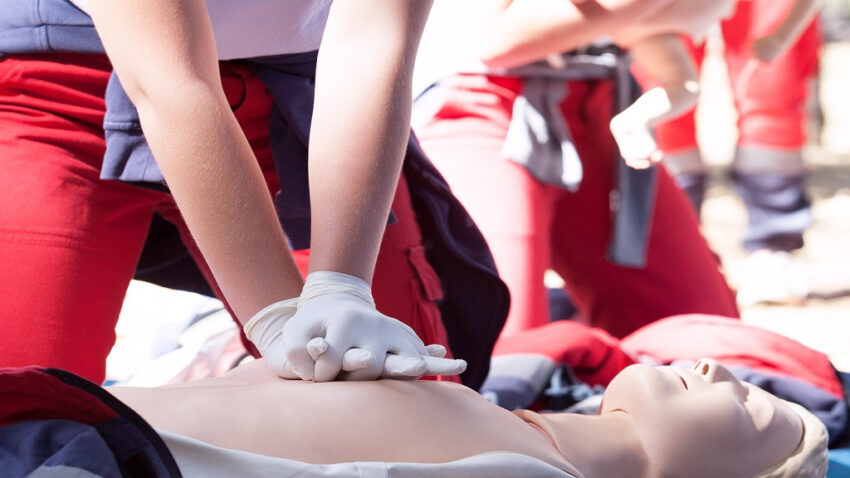Imagine finding yourself in a situation where someone collapses suddenly, or a loved one suffers a severe injury. Would you know what to do? Learning basic first aid skills can make all the difference in such critical moments. From providing immediate assistance to potentially saving lives, first aid skills are essential for everyone.
In this blog, we will explore the reasons why learning basic first aid is so important. We will delve into the life-saving potential of first aid, its role in promoting safety in everyday life, and how it can empower individuals with confidence. By the end of this article, you’ll understand why acquiring these skills is not only valuable but also necessary for your own well-being and the well-being of those around you. So, let’s dive in and discover why learning basic first aid is a crucial step towards becoming a responsible and proactive member of society.
Importance of Immediate Response

When it comes to emergencies, time is of the essence. The importance of immediate response cannot be emphasized enough. Whether it’s a sudden cardiac arrest or a severe bleeding injury, the first few minutes are critical for the survival and well-being of the affected individual and the test results for this has been approved for a long time now. Knowing how to provide immediate first aid can significantly impact the outcome of an emergency situation.
In some cases, a delay in administering first aid can lead to irreversible damage or even loss of life. For example, during a cardiac arrest, every minute without intervention reduces the chances of survival by 7-10%. By promptly starting cardiopulmonary resuscitation (CPR) and using an automated external defibrillator (AED), you can increase the chances of survival until medical professionals arrive.
Additionally, incorrect or inadequate first aid can exacerbate the situation or cause harm. It’s essential to have the right knowledge and skills to assess the situation accurately and provide appropriate assistance. Proper training ensures that you can recognize the signs of an emergency, take appropriate action, and avoid common mistakes.
Life-Saving Potential
Basic first aid skills have the potential to save lives in various emergency situations. Whether it’s a choking victim, someone experiencing a heart attack, or a severe bleeding injury, your ability to administer immediate first aid can be crucial in stabilizing the individual until professional help arrives.
For instance, in cases of choking, knowing the Heimlich maneuver can clear the blocked airway and restore breathing. Similarly, performing CPR and using an AED can restore a person’s heart rhythm during cardiac arrest. Basic first aid techniques such as applying pressure to control bleeding or stabilizing fractures can prevent further harm and potentially save lives.
Real-life stories abound with instances where individuals with basic first aid training were able to make a significant difference. From saving a colleague’s life during a sudden heart attack at the office to rescuing a drowning swimmer at the beach, the power of knowing what to do in an emergency cannot be understated.
Promoting Safety in Everyday Life

While emergencies can happen unexpectedly, many accidents and injuries occur in our daily lives. Basic first aid skills can play a pivotal role in promoting safety and preventing further harm in such situations.
At home, falls, burns, and cuts are common occurrences. By knowing how to provide immediate first aid, you can alleviate pain, minimize infection risks, and facilitate the healing process. Understanding proper wound care techniques, applying sterile dressings, and recognizing signs of infection can make a significant difference in the recovery of a loved one.
In the workplace, accidents can happen in any industry or office environment. Having basic first aid knowledge ensures that you can respond effectively to incidents such as chemical exposures, electrical shocks, or fractures. By being prepared and trained, you become an asset to your colleagues and contribute to a safer working environment.
Public settings are not immune to accidents either. Whether it’s witnessing a car accident, encountering a person in medical distress, or being present during a sports-related injury, your ability to provide immediate first aid can be invaluable until professional medical help arrives. By being proactive and having the skills to respond appropriately, you can potentially save lives and prevent further harm.
Building Confidence and Empowerment
One of the often-overlooked benefits of learning basic first aid skills is the confidence it instills in individuals. Emergencies can be chaotic and stressful, but having the knowledge and ability to provide immediate assistance empowers you to take control of the situation.
Knowing what to do and being able to act decisively can make a significant difference in the outcome of an emergency. It eliminates the feeling of helplessness and enables you to provide comfort and aid to someone in distress. By having the confidence to intervene, you become an active participant in emergency situations rather than a passive bystander.
Furthermore, this confidence and empowerment are not limited to emergencies alone. The skills you acquire through first aid training can spill over into other aspects of your life. The ability to remain calm under pressure, communicate effectively, and make critical decisions translates into improved problem-solving skills, leadership qualities, and resilience in various personal and professional situations.
First Aid Training Options

Now that you understand the importance of learning basic first aid skills, let’s explore the different avenues available for acquiring this knowledge.
Online Courses: In today’s digital age, online first aid courses offer convenience and flexibility. These courses provide comprehensive training modules, interactive learning materials, and video demonstrations. They often include quizzes and assessments to ensure your understanding of the concepts. Online courses are a convenient option for self-paced learning, allowing you to study at your own convenience.
Community Programs: Many local organizations, such as the Red Cross or community health centers, offer first aid training programs. These programs are often conducted in-person and provide hands-on practice with mannequins, simulated scenarios, and expert instructors. Community programs also offer the opportunity to interact with other participants, fostering a supportive learning environment.
Certified Training Organizations: Various organizations specialize in providing certified first aid training. These organizations follow established guidelines and protocols to deliver comprehensive and standardized training. They often offer a range of courses catering to different levels of expertise, from basic first aid to advanced life support.
When choosing a training program, consider factors such as the level of certification, course duration, practical training components, and the reputation of the provider. It’s important to select a program that aligns with your goals, whether you seek basic skills for personal preparedness or advanced training for professional purposes.
Conclusion
In conclusion, learning basic first aid skills is not just a choice; it’s a responsibility we owe to ourselves and others. The ability to provide immediate assistance can save lives, promote safety in everyday life, and empower us with confidence. Whether it’s administering CPR, stopping severe bleeding, or providing comfort to someone in distress, first aid skills have the potential to make a profound difference in emergency situations.
By enrolling in a first aid training program, you equip yourself with the knowledge and skills necessary to respond effectively in emergencies. Whether you choose online courses, community programs, or certified training organizations, taking the initiative to learn first aid demonstrates your commitment to personal preparedness and the well-being of your community.

